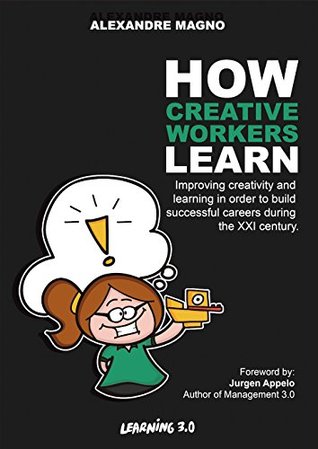Kindle Notes & Highlights
Read between
July 3 - October 15, 2025
learning is best done by people acquiring ideas from various sources, running experiments in their own context, and then sharing their insights with their peers.
“Every prescription represents the imposition of one individual’s choice upon another”. – PAULO FREIRE –
complex systems are those whose elements operate without a central control, with complex and unpredictable behaviour, with sophisticated information processing, and with an adaptation via learning or evolution.3
Practices can only emerge if the learning also emerges. It is through learning in an emergent form, based on real events, that we can find the best way to deal with a complex situation.
Learning occurs when you reach an understanding of a subject and you are able to make sense of that information through the transformation of your words and actions.
Emergent learning is learning that happens when it is self-organised. It arises in unpredictable environments from relationships among a number of people and resources within a context in which the learners organise and determine to some extent both the process and the learning destinations.
a creative worker is, above all, someone who, when faced with a problem, raises alternatives instead of limiting herself to known solutions.
Good ideas without good execution will only take you to a world of frustration.
The greater the love for what you do, the greater your curiosity and willingness to explore, so the greater is your capacity to be creative.
To construct a career as a creative worker, you will have to create, in a personalised way, several formulas throughout your career. You will have to reflect, without guilt, on how you work, because without that, you stop being critical and easily accept any “successful formula” that is offered to you.
When Carlo decided not to invest in training, even while clearly seeing that it might be important in the future, he gave the bank control over his career.
As stated by Max Gehringer, “A job is always dependent on decisions made by the company. But a career mainly depends on personal decisions.”
For each axis of the matrix – job and career – you should evaluate the opportunity for work or study and then identify in which quadrant it is located. For each quadrant there is a trend that will help you determine if it’s worth investing energy or not.
you do not take ownership of your career, someone else will do it for you. Do not give up doing something important for your career simply because you did not find support from others, because with that attitude, you will be giving up building your own path.
As Steve Motenko, co-creator of the podcast The Boss Show, pointed out, “Sometimes I work on weekends. Sometimes I do personal stuff during the ‘work day.’ The ideal is to transition easily between activities that bring you joy and fulfillment, regardless of where they’re located or whether you’re getting paid.”
The only reason to separate life and work is if you do not like your job or your career. Under these circumstances, in order to be well in the moments of life you have left, you must isolate the work.
Thus, the big criticism of what I call Learning 1.0 is its inefficiency in dealing with the dynamic world we have today. This model was created in a period in which information was more stable and what had to be learned was mostly known and repeatable. Its main challenge was to be efficient in scale to ensure the dissemination of all that accumulated knowledge to a large number of people. In this aspect, we can say it was successful.
With a collection of best practices at hand, workers think they have found the answers – and hence stop exploring solutions too early.
According to David E. Goldberg’s Genetic Alghorithm design decomposition theory, premature convergence happens when the innovation time is longer than the takeover time.
Cornell University and Tulane University pointed out that the more people believe they are an expert in a subject, the earlier they stop learning about that subject, which tends to decelerate the innovation time.37
Tony Bingham and Marcia Conner call Social Constructivism: “When you engage with others, you create a proper understanding of what is being discussed. So, the understanding of another person complements yours, and together you begin to trace an intelligent interpretation of the subject.”
“Learning is not predictable or controlled; it arises in the face of a problematic situation we find.”


